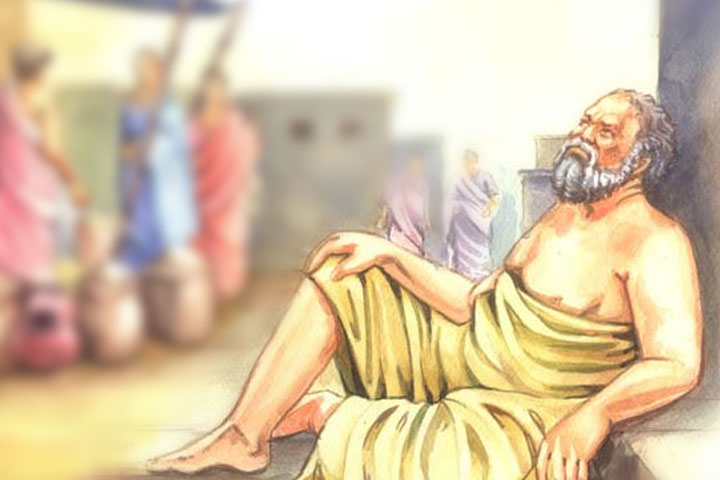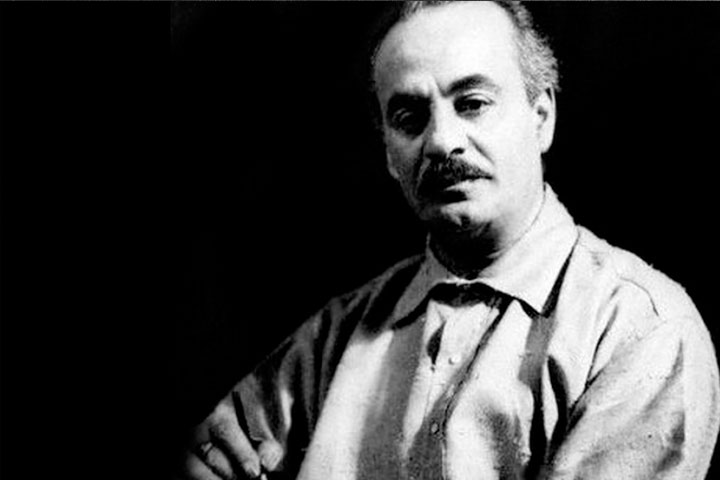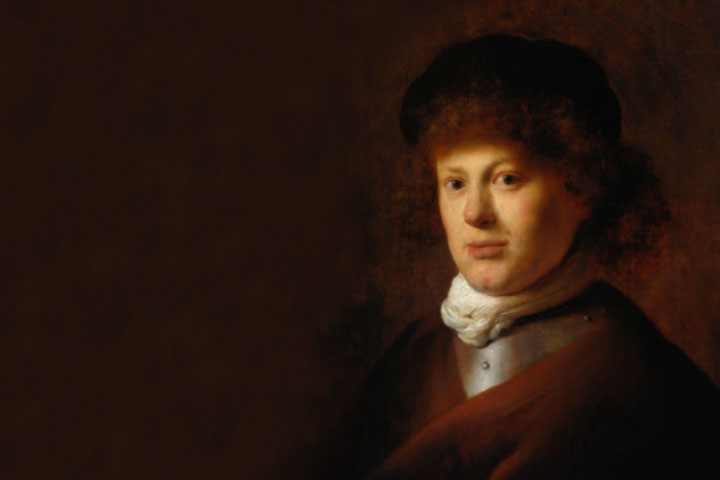Introduction
“Men and the other living creatures live by means of air, through breathing it. And this is for them both soul and intelligence, and if this is removed, then they die and intelligence fails,” said Diogenes of Apollonia, who is credited with writing the first recorded treatise defining thoughts as a mental function. Diogenes is also the pioneer who propounded that intelligence or ‘Noesis’ is the inherent power of the mind to immediately perceive and comprehend an object or occurrence, some 2,500 years before other scientists conclusively proved it.
Considering that Diogenes’ theorem were empirical and based on esoteric spiritual beliefs, his feat of recognizing the link between the mind and thoughts is indeed commendable. Because his explanation opened vistas for an entirely new branch of study and sciences: Psychology. Prior to Diogenes’ expostulations, the study of noetics were largely viewed as a spiritual subject. Ancient thinkers were at loss to explain why humans think and how to define the mind. Diogenes explanation solved this vexatious enigma.
The only flaw with Diogenes’ dogmas was that it did not consider the brain as the only organ where thoughts originate. Instead, he attributed mental processes to an omnipresent, omnipotent force- air- which he believed, as an embodiment of god.

Very few details about the birth and life of Diogenes of Apollonia are chronicled, possibly since disparate schools of thought and an even larger number of thinkers and their followers existed- each offering a unique elucidation about myriad topics ranging from gods to atoms- which the bourgeois found onerous to comprehend or were assiduously engaged in worldly affairs.
According to historians, Diogenes of Apollonia flourished around 430BC to 460BC, but these dates are unverifiable. The only provable fact about Diogenes is that he was born in a place called Apollonia. Whether historians refer to Apollonia in Crete, or similarly named places in Bulgaria or Turkey are unclear. He is believed to have spent a better part of his life in Athens. But his teachings were considered rather controversial at the time, since they defied ancient Greek mores while preaching that air is god.
Further complications in studying the life and thoughts of Diogenes of Apollonia is caused by an apparent misinterpretation of facts by the renowned ancient Greek historian and chronicler, Diogenes Laertius, in his book ‘The Lives and Opinions of Eminent Philosophers’, authored about 500 to 600 years later.
The only reason why Diogenes of Apollonia finds any mention in the book for his endeavour to strike some balance between monism- or belief that the world is composed of a single element that assumes several forms and, pluralism- the theory that the world consists of infinite substances.
Diogenes expostulated, the world is a flux ruled by air- a divine, omnipresent and omnipotent force, which is responsible for all movements and creations on this planet.

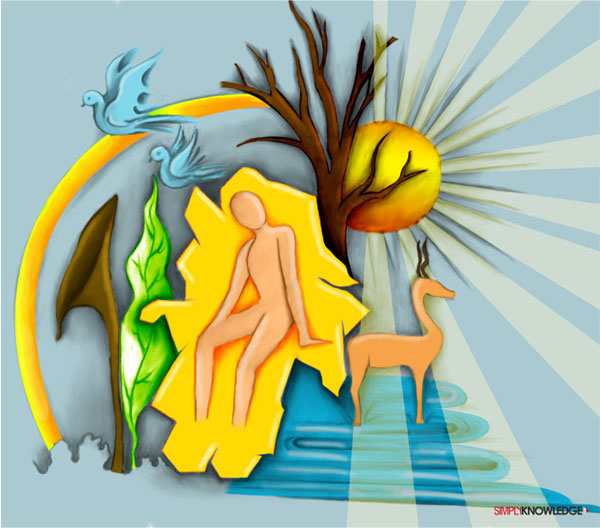
Diogenes of Apollonia is believed to have penned several treatises during his life, though most are now extinct. A few fragments of his book called ‘About Nature’ do exist from which historians and psychologists have managed to glean vital information about his teachings. The primary focus of Diogenes’ theories is the all permeating, invisible and yet omnipresent element- air. He attributes every occurrence in nature to air. He considers it as the most divine being, since no life can exist without air. The vaporisation and condensation of air causes materials around us, he said. Diogenes of Apollonia also attributed the human brain as an organ composed of air with knowledge, thoughts and all mental functions as its divine creations.
His work on psychology can be summarized as: “Everything that possesses intelligence is what we call air. All men are composed of air- which has power over every creation. And for me, air is god as it is present in everything. When anything dies, it does not need air or air leaves the person. So, air is the soul and god, which are indivisible and one, but assume various forms. Hence, knowledge and thinking are all elements of air.”
Diogenes of Apollonia further elaborates that air exists in different states- moist, dry, fluid and solid, and at varying temperatures. Thus every creature on this planet is basically formed by air albeit in different states and temperatures. “Therefore, all living creatures are composed of warm air, though degrees of the warmth vary. Yet, this difference is not very significant between all living beings. Hence, they are different in some ways and alike in the others. Therefore, the intelligence of all creatures differs. Despite, they all live, visualize and hear the same thing and derive their intelligence according to their character, from these things,” he adds.

Diogenes claims that air is intelligence or noesis. He defines noesis as not mere intelligence such as smartness or sharp minds. Diogenes means that thinking is not only mental but also a physical process that also occurs outside the brain, due to presence of air in other organs of the body.
Diogenes further claims that intelligence is an intrinsic power inherent to air. Therefore, intelligence accounts for all the differences of degree found throughout nature.
Individuals, according to Diogenes, are not only composed of air, they also live and possess intelligence by inhaling air. Thus, the soul of all creatures is an absolute and divine air-intelligence that, in a sense, breathes through itself in all the forms it takes on. “Air is both eternal and omnipresent as it takes on an unlimited number of forms,” he claimed.

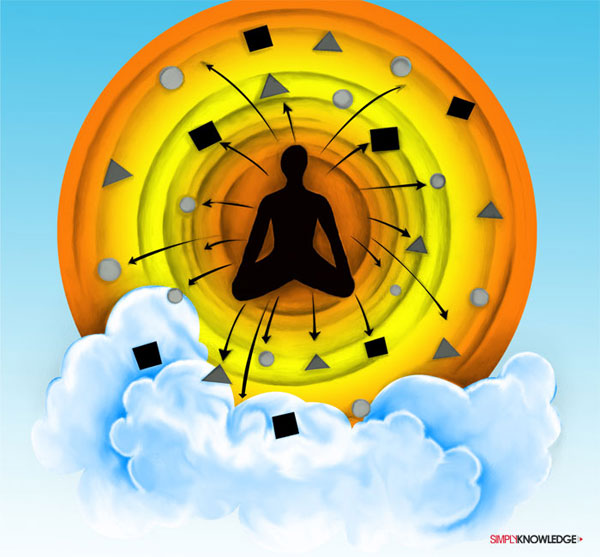
Diogenes also credits human characteristics including thinking and the senses to air. Citing examples, he claimed, olfactory senses are caused by air around the brain while hearing is attributed to the presence of air in the ears, which is influenced by moving air outside, or air vibrations. Sight is possible since objects reflect on the pupil to produce sensation. Diogenes however is at loss to explain the sensations of taste and touch in context of air intelligence.
Some researchers state, that Diogenes claimed living creatures that have “lesser air” in their heads have the most astute sense of smell. The longer and narrower the breathing passage- the better the olfactory sense, he stated, to define the difference between the sense of odour or fragrance, as perceived by various creatures and humans.
Diogenes expounds, sensation is caused by intermingling of external air, with that already present in the living being, citing the examples of the blood which receives air to oxygenate. Hence, the interchange of air by air occurs in organisms due to stirring of sense organs and consequently, the brain.
Hence, Diogenes is acclaimed as the first psychologist to propose a relationship between sensation, respiration, and cognition.

Diogenes is also credited as a pioneer who defined pain and pleasure as two separate senses that are not attributed to any extrinsic factor or extenuating circumstances. He said, pleasure is caused when air mingles in a certain proportion with the blood and lightens it- possibly meaning oxidation. And when air and blood do not blend, the latter congeals, weakens and thickens, causing pain or agony.
Thought, claims Diogenes, is a product of pure and dry air while humid and moist air proves malevolent to intelligence and restrict its functioning. He attributed such weaker intelligence to various reasons which are acknowledged by modern day psychologists.
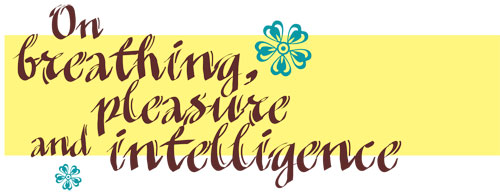
“To live healthy, one must breathe healthy,” said Diogenes of Apollonia. Over 2,500 years later, scientists and psychologists now acknowledge that Diogenes’ theory, however primordial, is true. Polluted air causes disease, which severely impacts human health. Diogenes said, higher intelligence, heightened sense of pleasures, and keen taste can be merely developed by proper breathing. A breath should be allowed to permeate throughout the body, encompassing the fine, light, dry, warm and swift air. Proper breathing, he said, allows airs in the body to be refreshed leading to a healthier and enjoyable life. He also draws a parallel between intelligence in humans being inherent through genes, although in a primitive manner.

According to Diogenes of Apollonia, various permutations and combinations of air are responsible for reproducing newer life forms on Planet Earth. He attributes this to the divinity of air, stating it is a potent, virile force that continually self-reproduces through self conception, impregnation and giving birth to its various forms of different densities, through dissemination of aerated “seeds”.
He explains, air self-conceives through a union of the sperms and ova- both of which are aerated to different degrees. These aerated “seeds” are embedded with intelligence which grows naturally, as life develops due to aeration of the blood.
Unwittingly, Diogenes of Apollonia, through this elucidation of embryology, psychology and divinity, laid basis for modern day genetics. It is now well known that several characteristics of a personality, including temperament, inclinations and proclivity are embedded in sperms and ova- which consist of DNA- and hence, are passed across generations.

Diogenes of Apollonia is credited as the first ancient, pre-Socratic thinker who attempted to clearly define thoughts and knowledge as a process of the brain. And his theories remain important till date because he was the first to claim, the brain is not the sole organ where thoughts originate. Due to loss of his valuable works, it is impossible to validate what Diogenes actually implied but modern day psychologists do agree that several intrinsic and extrinsic triggers influence a brain, its functions and thoughts.
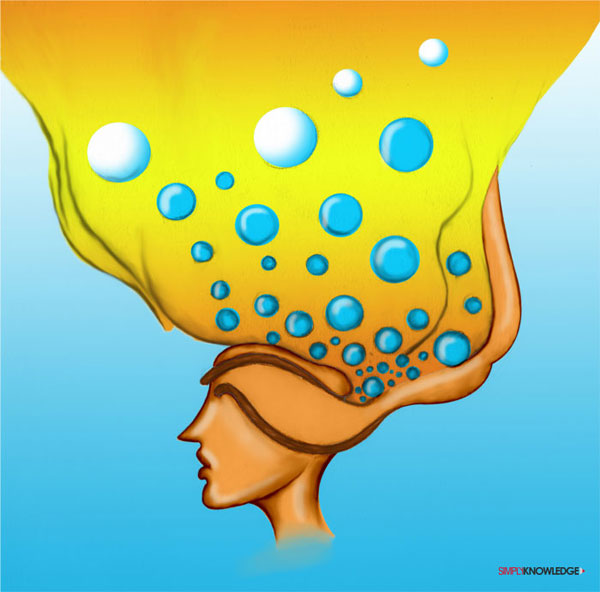
Next Biography








